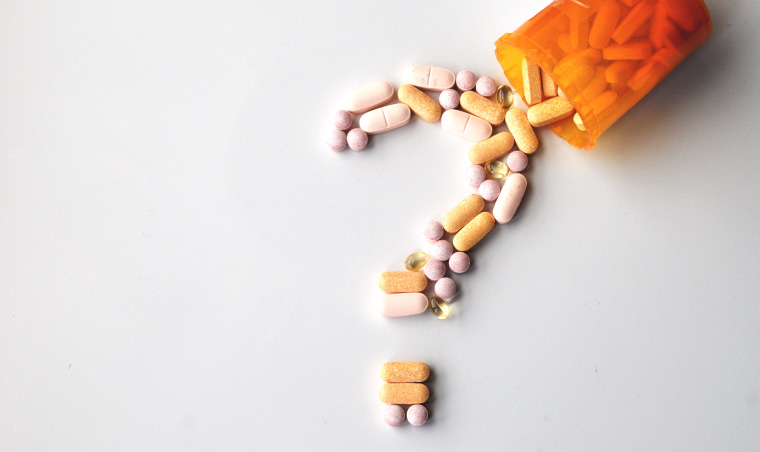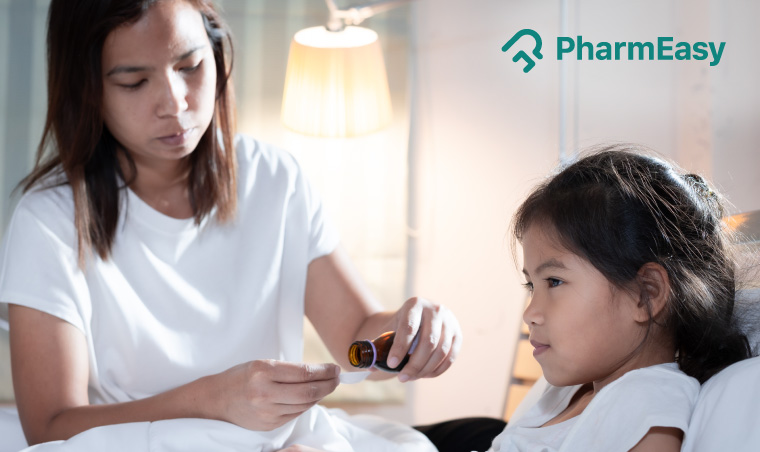Are Generic Medicines Effective For Children?
By Dr. Nikita Toshi +2 more

Get,

to manage your symptom
Get your,


4 Cr+ families
benefitted

OTP sent to 9988776655



You’ve successfully subscribed to receive
doctor-approved tips on
Whatsapp

Get ready to feel your best.

Hi There,



Register to Avail the Offer
Send OTPBy continuing, you agree with our Privacy Policy and Terms and Conditions

Hi There,

Trusted by 4 crore+ families

OTP sent to 9988776655



You have unlocked 25% off on medicines




Code: NU25

By Dr. Nikita Toshi +2 more
Table of Contents

There are two types of medicines, non-generic and generic medicine. Generic medicines are exact copies of non-generic medicines in terms of the active ingredients, effectiveness and safety, but generic medicines are available at a much lower cost than non-generic medicines.

The minor differences between non-generic and generic medicines are their packaging, looks and inactive elements like flavouring, colouring agents, etc. Manufacturers make generic medicines after receiving approval from the Central and State government authorities.

Non-generic brand-name medications are produced by manufacturers who invest money in research, development, testing, patent and marketing of new medicines, increasing the price of these medicines. These are also protected by patents or other exclusivity periods after the patent or trademark expiration. The generic version can be developed and sold after approval, which costs less as it involves no further rework in research, testing and marketing.
Things a parent must know about generic medicines for children.

Parents are hesitant to use generic medication for their children. They fear side effects associated with generic medicines. These medicines are beneficial to patients and the healthcare system.
Disclaimer: The information included on this site is for educational purposes only and is not intended to be a substitute for medical treatment by a healthcare professional. Because of unique individual needs, the reader should consult their physician to determine the appropriateness of the information for the reader’s situation.

Leave your comment...
Comments